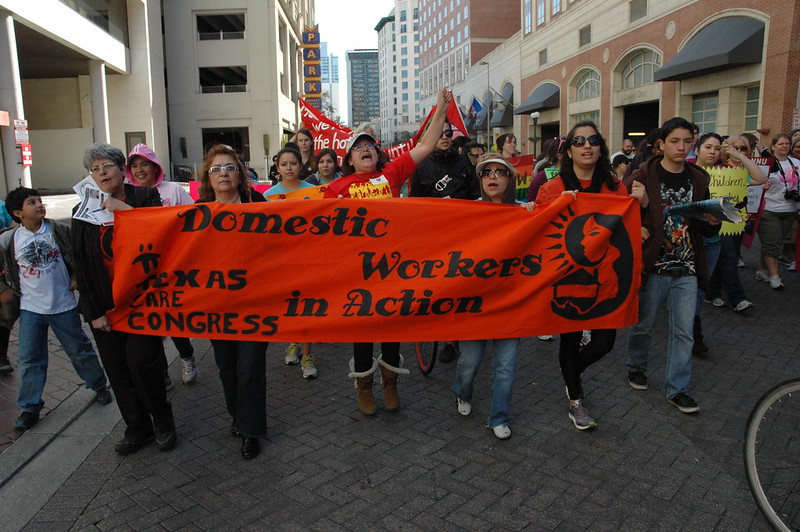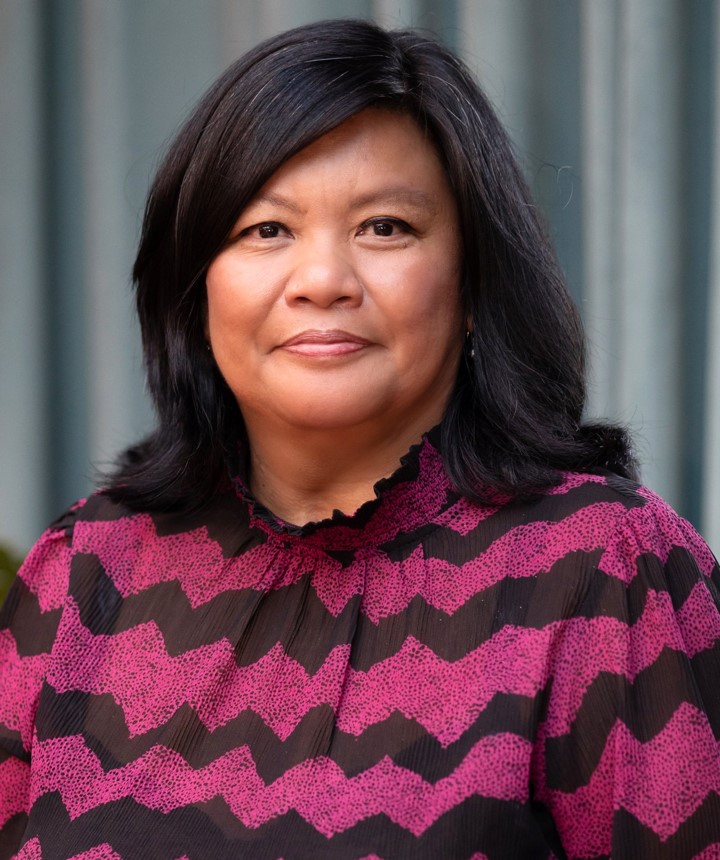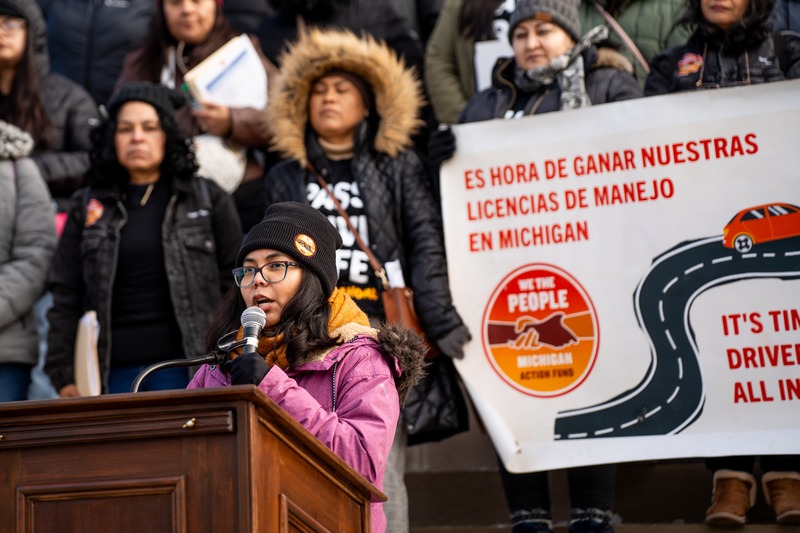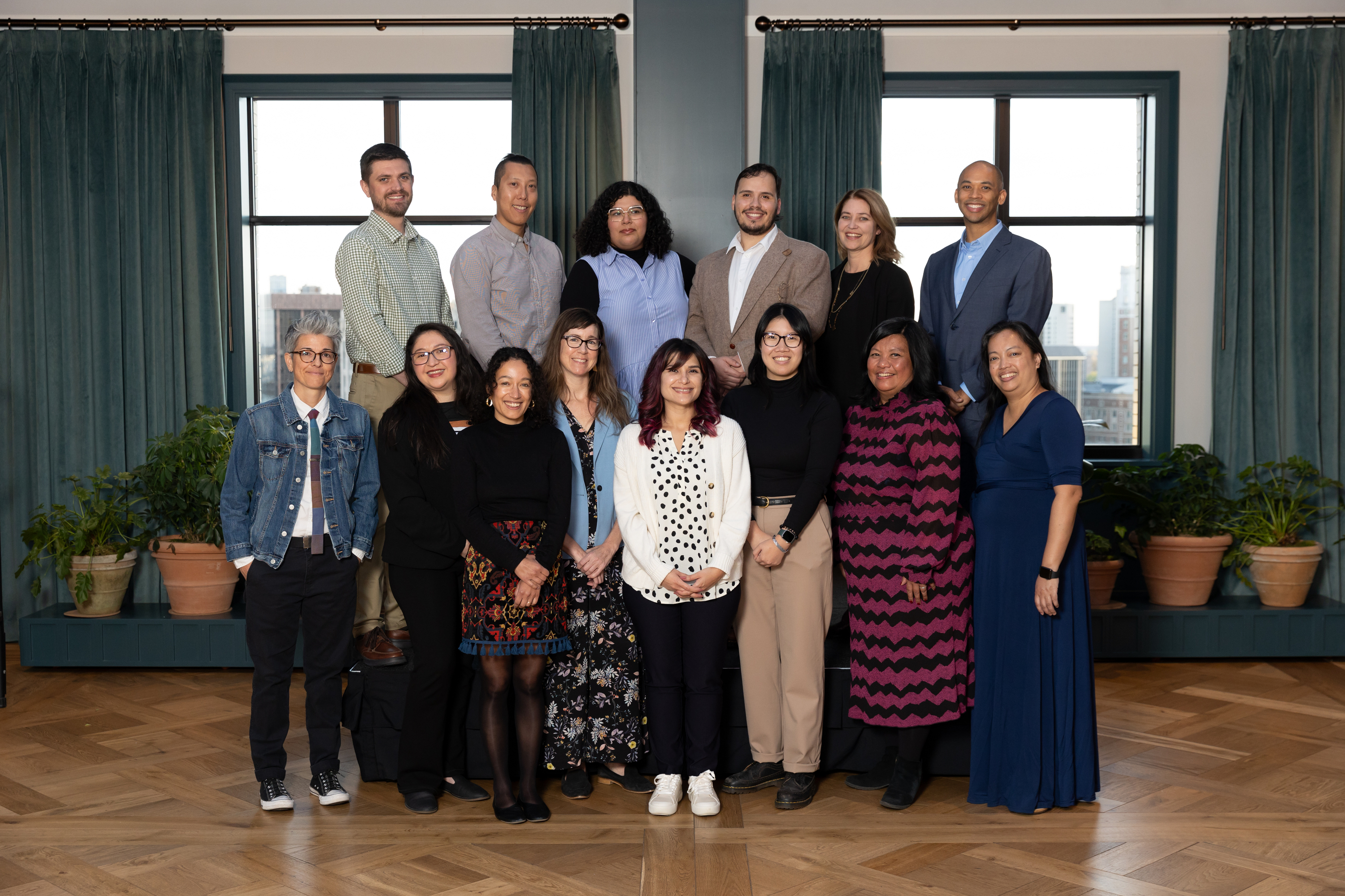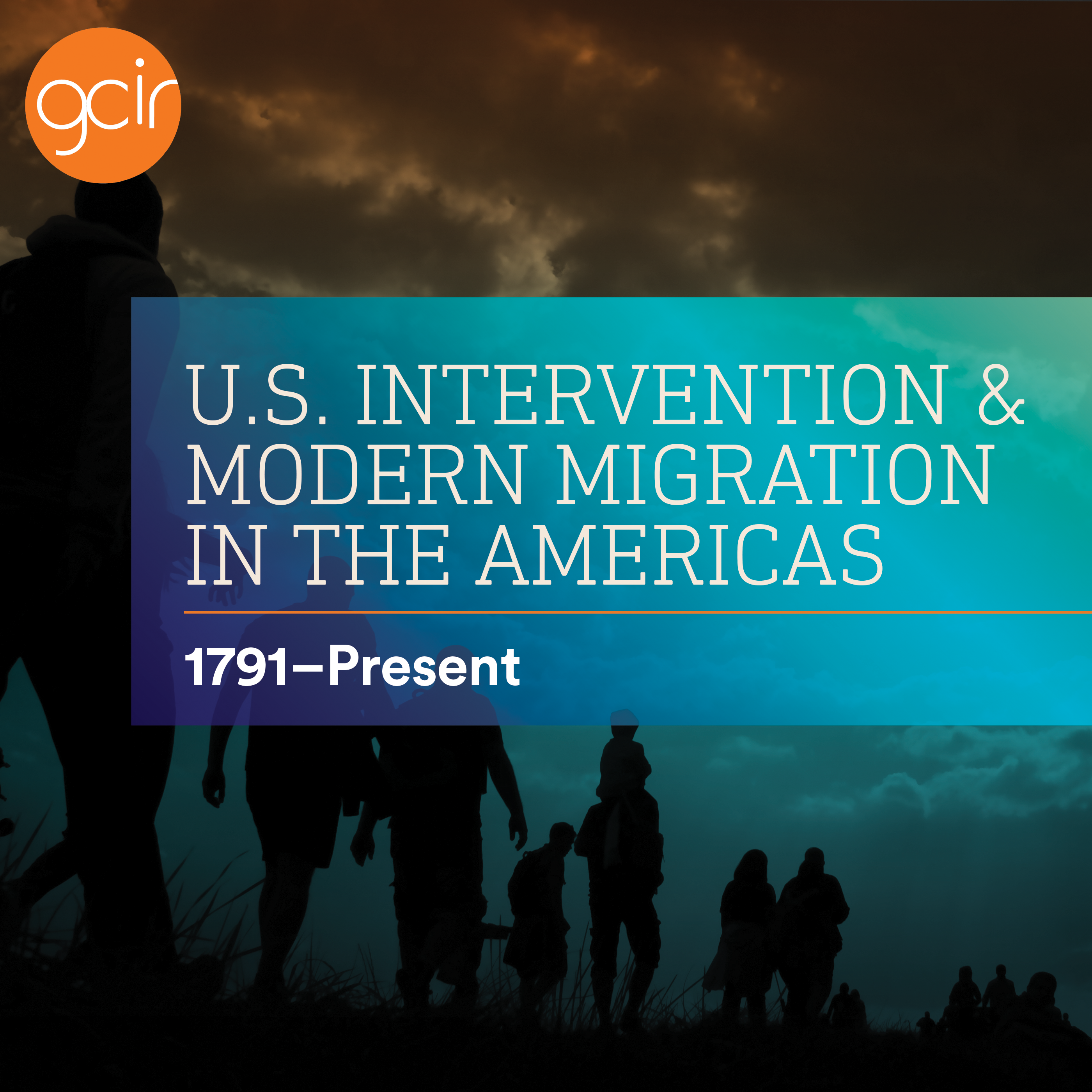GCIR joins our philanthropic partners in condemning the administration’s stated intent to undermine the organizations that do the essential work of protecting and caring for our communities. This impending attack on nonprofits is an obvious extension of the assault we are seeing on law firms, universities, diversity initiatives, and others - a clear attempt to dismantle civil society institution by institution.
News
Primary tabs
GCIR’s recent webinar "Building Worker Power for Migrant Women" did something important beyond providing valuable content and timely insights: it gave us hope. The program,” showcased the miracle-making work being done in Arkansas, California, New Jersey, and New York to safeguard the rights of migrant women workers in the agriculture and poultry industries, and in the domestic work sector. In last month’s webinar, which was moderated by Carmen Randolph at Women’s Foundation of the South, we heard from local organizers at the California Rural Legal Assistance, Inc.’s (CRLA) LGBTQ+ Program; Damayan, a group that serves and empowers low-wage Filipino workers living and working in New York City and New Jersey; and Venceremos, a worker-based organization in Arkansas whose mission is to ensure the human rights of poultry workers.
In her quarterly message, GCIR President Marissa Tirona calls on philanthropy to step up in this critical moment and leverage its power in service of communities under attack by the current administration, including immigrants and refugees. She also shares how GCIR is stepping up in this moment to expand our state and local strategies, advance pro-immigrant policies, amplify power-building efforts and expand protections for migrants in the long-term.
Welcome to Amplify, where we feature interviews with immigrant justice field leaders to showcase their work and provide a platform for their perspectives. In this episode of our Amplify podcast, GCIR President Marissa Tirona speaks with Maria Ibarra-Frayre, Co-Director of We the People Michigan. The organization is committed to building power and strengthening civic engagement for communities across Michigan through disciplined, rigorous, long-term community organizing.
As we approach 2025, we at GCIR know that working together will be our greatest asset as we face impending challenges for immigrants and the immigrant justice movement. As we continue to mobilize funders into action, philanthropy must utilize its enormous power and privilege to stand with immigrant and refugee communities, one of the primary targets of the incoming administration.
2024 was a challenging year in the fight for immigrant and refugee justice. GCIR, movement leaders, and our partners in philanthropy have been preparing for an incoming presidential administration that poses an unprecedented threat to our immigrant communities. In the face of these challenges, GCIR doubled-down this year on developing programming, resources, and partnerships that reflect our dedication to moving money and power to migrant communities and resourcing a robust migrant justice infrastructure.
My name is Brittany Shaheen (she/her/hers), and I have served at the Center for Arab American Philanthropy (CAAP) since February of 2021, beginning as a Program Generalist and working my way to my current position as a Program Officer. CAAP, a national institution of ACCESS and the only Arab American Community Foundation in the country, empowers the Arab American community by strengthening strategic giving in the community while shaping perceptions, highlighting heritage, and demonstrating collective impact. When I heard about the GCIR 2024 conference, I immediately knew I wanted to attend. I was honored to be the recipient of the Emerging Leader Scholarship, and I learned so much as a result.
Written By: Sophy Yem, Senior Program Officer, Philanthropy, Surdna Foundation...
As our nation braces for an incoming presidential administration that poses an unprecedented threat to our nation and to our immigrant communities, GCIR remains steadfast in our commitment to advancing justice and belonging for all. Though this moment portends a volatile and difficult road ahead for the immigrant and refugee communities that have been relentlessly denigrated throughout this election cycle, we know that the philanthropic sector holds significant resources and positional power that must be leveraged now in defense and protection of communities under attack.
GCIR's Vice President of Programs Ivy O. Suriyopas interviews Maureen Meyer, the Vice President of Programs at the Washington Office on Latin America, for an expansive conversation about the root causes of migration, the U.S. government’s role in driving instability in the region, and how history can inform philanthropy’s work moving forward.U.S. Intervention and Modern Migration in the Americas timline, the root causes of migration, the U.S. government’s role in driving instability in the region, and how history can inform philanthropy’s work moving forward.
